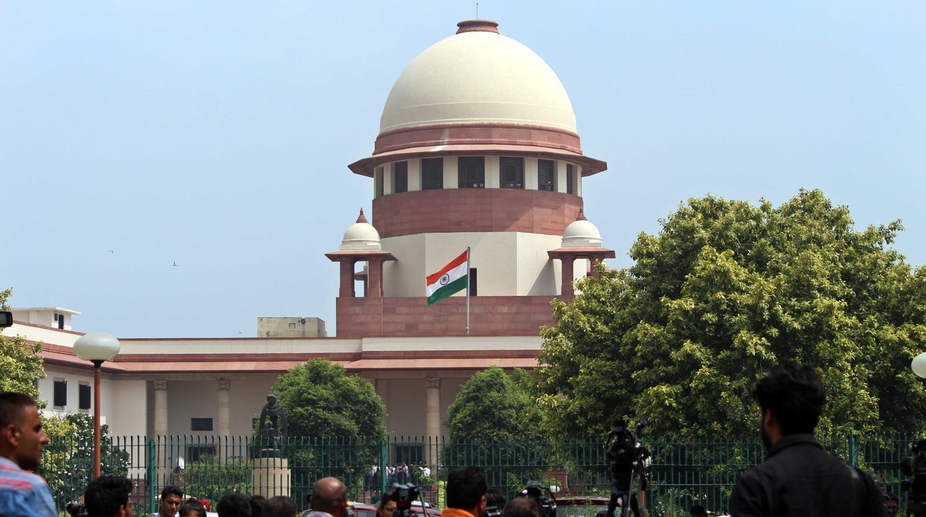Centre opposes West Bengal’s suit in SC, says CBI an independent agency
The state government had sought a stay of investigation in FIR registered by the CBI in cases of post-poll violence in West Bengal in pursuance of the Calcutta High Court order.

Supreme Court of India (Photo: IANS/File)
The Supreme Court is likely to pronounce on Friday its verdict on a plea to allow “living will” that will authorise the withdrawal of all life support systems if in the opinion of the doctors he has reached an irreversible stage of terminal illness.
While reserving the order on October 11, 2017, the Constitution Bench of Chief Justice Dipak Misra, Justice A.K. Sikri, Justice A.M. Khanwilkar, Justice D.Y. Chandrachud and Justice Ashok Bhushan had observed that the right to die in peace could not be separated from Right to Life under Article 21 of the Constitution.
This fuelled speculation that the court allow the right to make “living will”, which allows a person to opt for passive euthanasia in the event of irreversible serious illness, by putting in place strict conditions including a medical board certifying that a person is in an irreversible state of terminal illness.
Advertisement
An NGO Common Cause had moved the top court way back in 2005 seeking right to make a living will authorising withdrawal of life support system in the event of will makers reaching irreversible vegetative state.
The central government had in the course of hearing of the matter by a five-judge Constitution Bench told the top court that passive euthanasia was the law of the land with safeguards by virtue of an earlier 2014 judgement of the top court in Aruna Shanbaug case.
The top court by its order on March 7, 2014, in Aruna Shanbaug case had permitted passive euthanasia under certain circumstances, provided it was backed by the permission of the high court.
The Centre had also told the Constitution Bench that a draft bill permitting passive euthanasia with necessary safeguards was already before it for consideration.
However, the Centre had opposed permitting a living will both on the grounds of “principle and practicality” as it expressed apprehension of its possible misuse.
Besides, NGO Common Cause, the Constitution Bench was addressed by a number of interveners who had supported permitting the living will.
A living will is made by a person in his normal state of mind that is to be executed in the event of a terminal illness if he reaches an irreversible vegetative state.
However, it was emphasised that living could only be executed after the opinion of the medical board certifying on the condition of the patient.
Advertisement